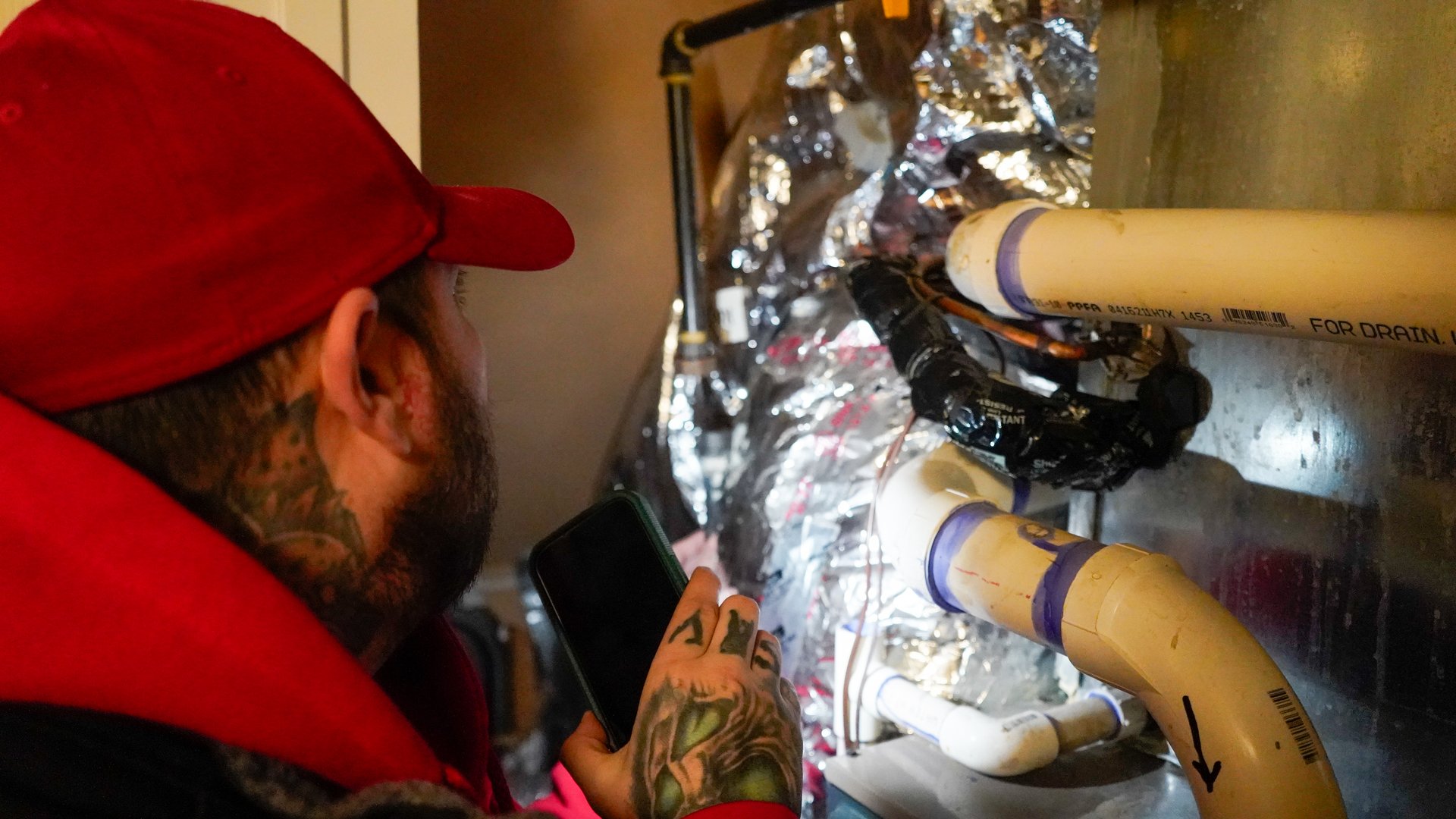WHY J. BLANTON FOR EVANSTON PLUMBING

At J. Blanton Plumbing, we’ve been Evanston’s trusted local experts for over 30 years, delivering fast, reliable solutions for everything from clogged drains to emergency repairs. With over 16,000 homes in this vibrant city of tree-lined streets and historic charm, residents rely on our Illinois-certified plumbers for same-day service, upfront pricing, and expert care. Whether it’s a quick fix or a full plumbing overhaul, we’re dedicated to keeping Evanston’s homes—from early 1900s classics to modern builds—running smoothly with professional service and peace of mind.


J Blanton Plumbing - Turning Bad Calls to Good Calls

2025 Best Home Service Companies of Evanston — Chosen by J Blanton Plumbing
Evanston's Top Home Pros of 2025 — Chosen by J Blanton Plumbing Evanston homeowners know that keeping a house in top shape takes a whole team of tru...
Read more

Real Stories, Real Solutions: Why Homeowners Trust J Blanton for Trenchless Sewer Repair
Homeowners across Chicagoland are discovering that fixing a damaged sewer line doesn't have to mean tearing up your yard. At J Blanton Plumbing, we specialize i...
Read more

Gas Lines and Home Renovations: 6 Key Considerations for a Safe and Efficient Upgrade
When planning a home renovation, gas lines are often overlooked—but they play a critical role in your project’s success. Whether you're upgrading your kitchen, ...
Read more
OUR PARTNERS


















How can I determine if a leak in my plumbing system is a minor issue that I can fix myself, or if it requires professional repair services?
As a licensed plumber, I recommend assessing the severity of the leak by checking the size, location, and potential cause of the leak. Minor leaks that are small, easily accessible, and caused by loose fittings or worn washers can often be fixed by homeowners. However, if the leak is large, hidden behind walls or floors, or caused by a more serious issue such as a burst pipe or corroded plumbing, it is best to seek professional repair services to prevent further damage and ensure proper repairs.
What are the different types of water heaters available for installation in residential properties, and how do I determine which one is best suited for my home's needs?
The different types of water heaters available for installation in residential properties include tankless water heaters, traditional tank water heaters, heat pump water heaters, and solar water heaters. To determine which one is best suited for your home's needs, consider factors such as the size of your household, hot water usage patterns, energy efficiency, available space for installation, and upfront cost. Consulting with a licensed plumber can help you make an informed decision based on your specific requirements.
What are the key factors to consider when choosing a kitchen faucet for installation, such as style, functionality, and compatibility with existing plumbing fixtures?
When choosing a kitchen faucet for installation, key factors to consider include style to match the overall kitchen design, functionality such as the type of spray options and handle design, and compatibility with existing plumbing fixtures to ensure proper installation and functionality.
What are the potential health risks associated with not regularly testing my household water, and how can water testing help prevent these risks?
Potential health risks associated with not regularly testing household water include exposure to harmful contaminants such as bacteria, lead, pesticides, and other pollutants. Water testing can help prevent these risks by identifying any contaminants present in the water supply, allowing for appropriate treatment or filtration measures to be implemented to ensure the water is safe for consumption. Regular testing can also help detect any issues early on before they become a serious health concern for you and your family.
What are the most common types of plumbing repairs that your company handles?
The most common types of plumbing repairs that our company handles include leaky faucets, clogged drains, running toilets, water heater issues, and pipe leaks.










